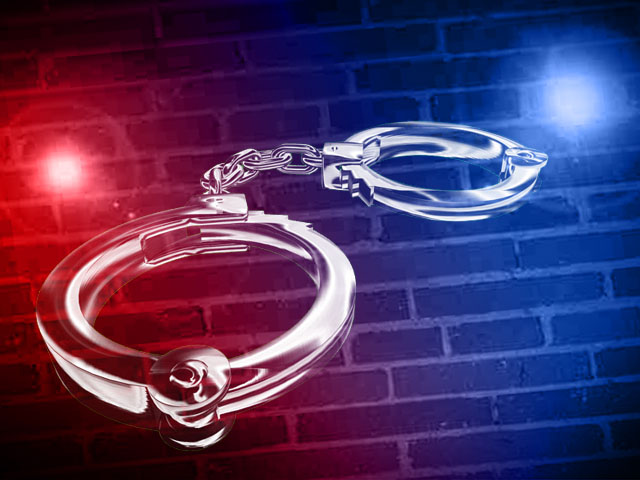Local News
Law Of The Month Drunk And Drugged Driving

Drugged driving is a growing problem nationwide, according to the federal Office of National Drug Control Policy. To help combat drugged driving, Wisconsin law prohibits drivers from having any detectable amount of a controlled substance in their system, such as marijuana, cocaine or heroin, while operating a motor vehicle. The legal penalties for drugged driving are the same as for drunken driving.
The Wisconsin State Patrol and other law enforcement agencies are constantly on the lookout for all forms of impaired driving.
“Law enforcement officers have extensive training and experience in identifying drivers impaired by alcohol. Officers use many of those same procedures to identify drugged drivers,” says Wisconsin State Patrol Lieutenant Tony Burrell of the Fond du Lac Post. “Drivers who exhibit signs of drug use must submit to a blood test that determines the presence of drugs. Refusing to submit to the blood test means an automatic revocation of the driver’s license.”
In addition to illegal drugs, the overuse and abuse of prescription or over-the-counter medications, especially when combined with alcohol, will often impair driving ability and judgment. State law prohibits drivers from being “under the influence of any drug to a degree which renders him or her incapable of safely driving or under the combined influence of an intoxicant and any other drug to a degree which renders him or her incapable of driving safely.”
Lieutenant Burrell says, “Drivers under the influence of drugs, alcohol, or a combination of the two are deadly threats to everyone on the road. That’s why officers never take a break—even during the holiday season—from arresting those who choose to get behind the wheel while impaired.”


